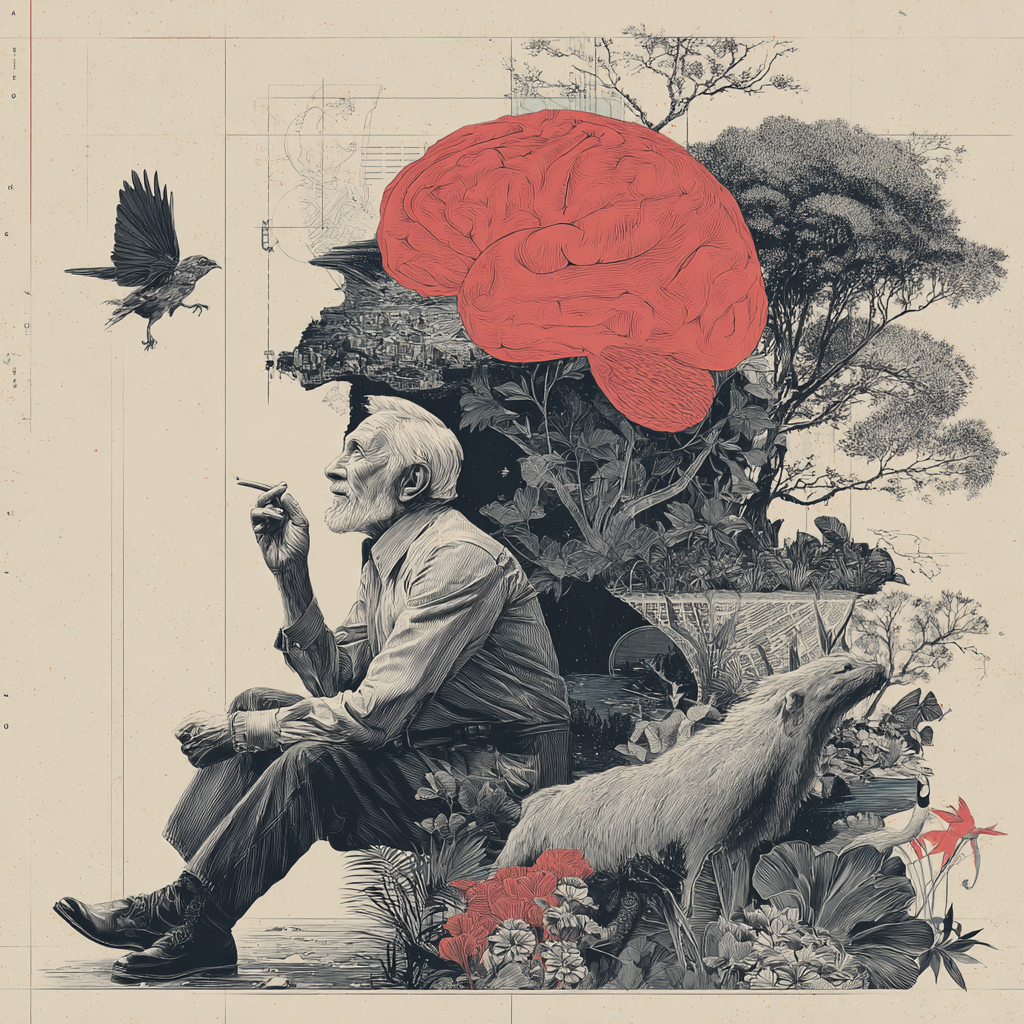An American tourist flies halfway around the world to experience a different culture. There must be so much to appreciate by visiting such an exotic place like Japan – the language, the customs, the bullet trains, the ancient temples in Tokyo, the neon lights in Osaka, the free-roaming deer in Nara. Yes, indeed, there was all that, and more. The more, in her case, was the Japanese outpost of Costco that “ranks right up there with the temples,” reported this 58-year-old retiree from Brownsville, Minnesota. Ah, there’s no place like home.
So why leave? To penetrate mysteries? The earth does not withhold many secrets anymore. VR travel opens up the stationary tourists via the simulated interactive 360-vistas of most any destination to become electronic cosmopolites as they can experience a walker’s view of cities, the interior of museums, or even an invitation into the virtual intimacy of a home. The only thing missing is the smell of the cooking but surely that is coming.
So, again, why travel? It’s probably a narcissistic fallacy to imagine that one’s mere passing through sets up a charmed understanding between the traveler and native, or even a bare comprehension. Or worse there might be an implicit kind of colonial condescension chronicled by Theodore Roosevelt, age eleven, recording this account of his family’s 1869 grand tour including the way the Roosevelts tossed small pieces of cake to a crowd of Italian beggars: “We made them open their mouths and tossed cake into it.” Like chickens, like pigeons in the park…
Read More



















